Life
Sign up for our newsletter
We summarize the week's scientific breakthroughs every Thursday.
-
 Neuroscience
NeuroscienceRed blood cells sense low oxygen in the brain
Red blood cells sense low oxygen and speed to the scene, a new study suggests.
-
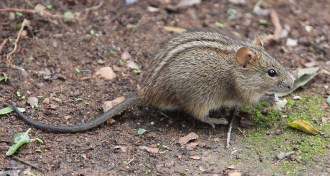 Animals
AnimalsSmart mice have better odds of survival
African striped mice (Rhabdomys pumilio) may survive summer droughts by their wits, a study suggests.
-
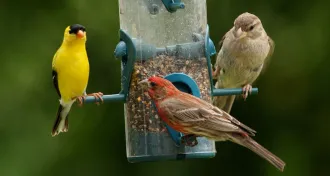 Animals
AnimalsBird-friendly yards have a major downside — for birds
Vegetation and feeders bring birds into our yards. But those lures also bring more birds to collide with the windows in our homes.
-
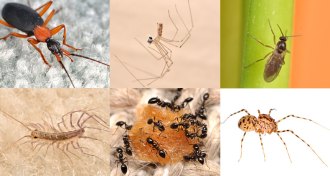 Animals
AnimalsDiversity of indoor insects, spiders adds to life’s luxuries in high-income neighborhoods
A massive survey of indoor spiders and insects in town finds dozens of different scientific families in homes, more in high-income neighborhoods.
By Susan Milius -
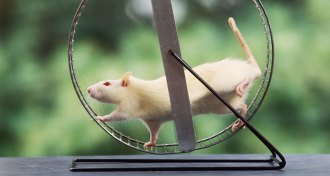 Neuroscience
NeuroscienceRunning doesn’t make rats forgetful
Running doesn’t seem to wipe out old memories in rats, concludes a new study that contradicts earlier reports suggesting that exercise does actually help old memories fade and new memories form — in other rodents.
By Meghan Rosen -
 Paleontology
PaleontologyWoolly mammoths’ last request: Got water?
Woolly mammoths survived on an Alaskan island thousands of years after mainland mammoths went extinct. But they died out when their lakes dried up, thanks to a warming climate and rising sea levels.
-
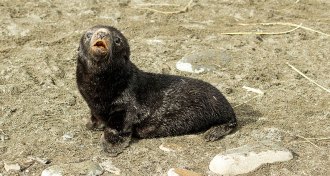 Animals
AnimalsPup kidnapping has a happy ending when a seal gets two moms
A female fur seal kidnapped another seal’s pup. But this turned out to be a positive the young seal, scientists found.
-
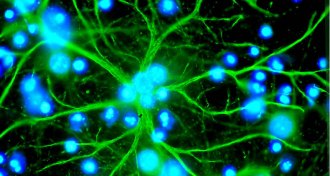 Neuroscience
NeuroscienceGift-giving brain cells are lifeline to injured nerve cells
After an injury, astrocytes give nerve cells a gift of mitochondria, mouse study suggests.
-
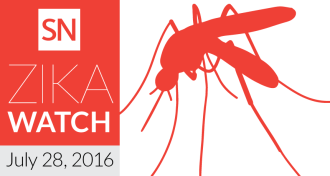 Health & Medicine
Health & MedicineThis week in Zika: Revised risk, new mosquito threat, U.S. on the brink
First potential cases of locally spread Zika crop up in the continental United States, estimates of infection risk, antibodies that can fight the virus and a new mosquito species that may be able to carry Zika.
By Meghan Rosen -
 Plants
PlantsWhy a parasitic vine can’t take a bite out of tomatoes
Cultivated tomatoes fend off parasitic vines as they would microbes.
-
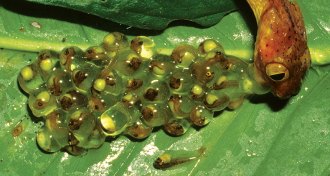 Animals
AnimalsHow Houdini tadpoles escape certain death
High-speed video of red-eyed tree frog embryos reveals the secrets to their getaway plans.
-
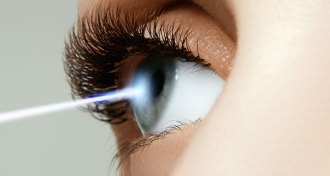 Life
LifeHuman eye spots single photons
Human eyes are sensitive enough to detect individual particles of light.